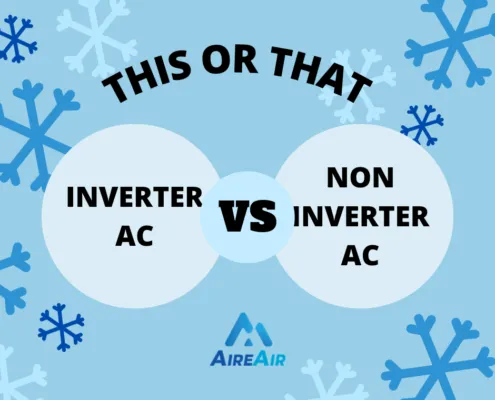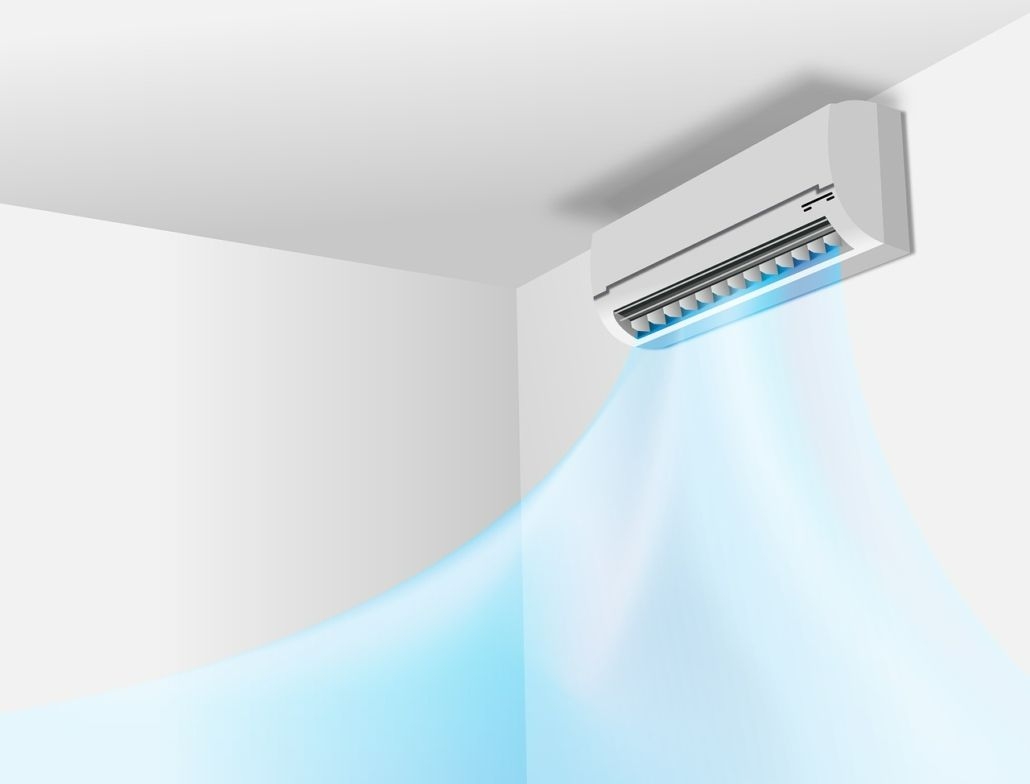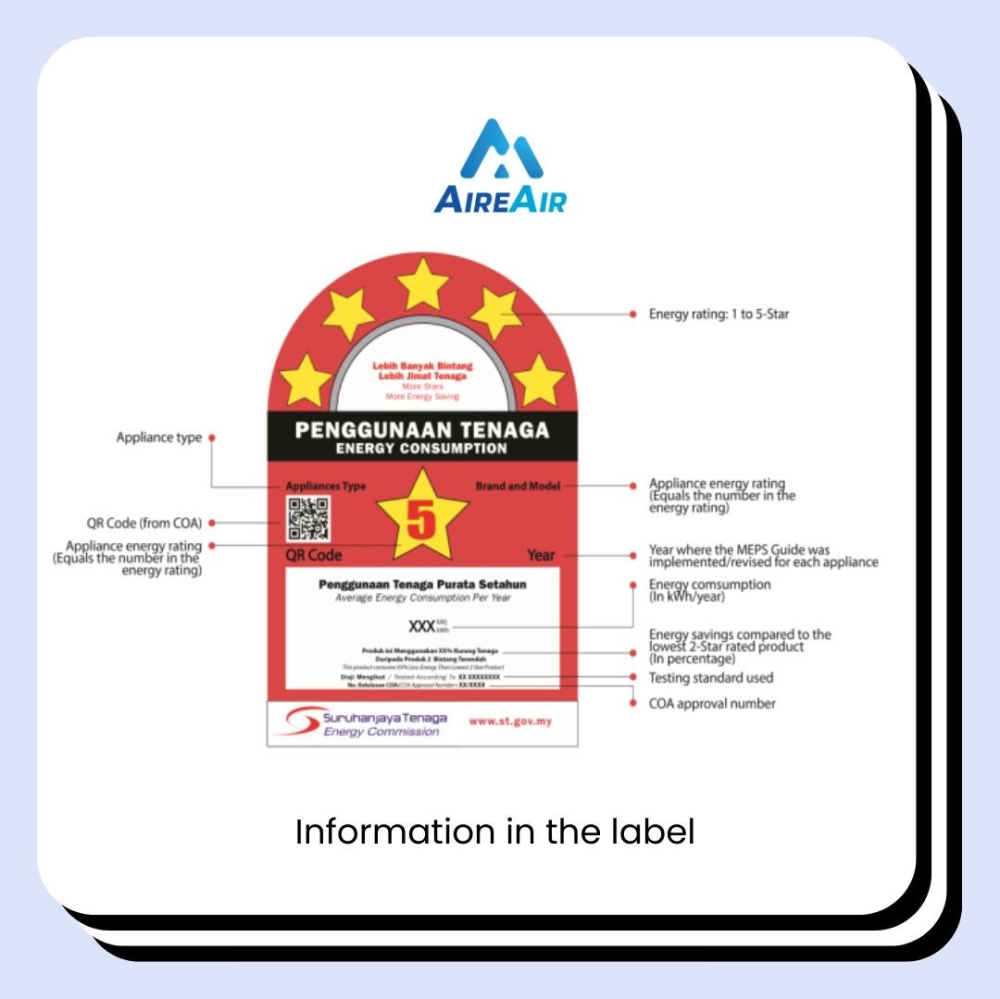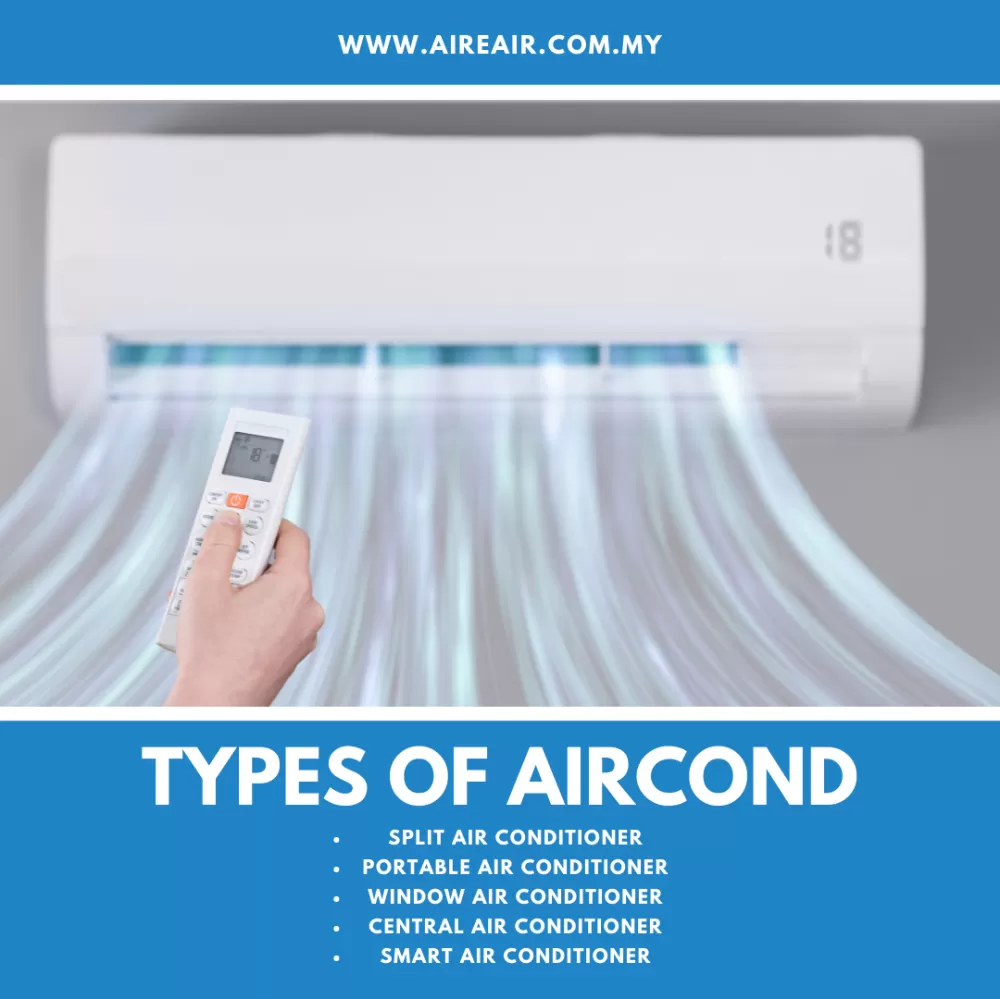Inverter or Non-inverter – Which Aircond More Suitable For You?
Purchasing a brand-new air conditioner (AC) could seem to be a straightforward process. We normally choose an air conditioner brand that we are familiar with and that fits into our budget.
However, you must think about more than just the brand name and price. You can pick between two types of split-system air conditioners when deciding which to install: inverter air conditioners and non-inverter air conditioners.
''What is the difference between them?'' is one of the most frequently asked inquiries by buyers. This blog post will explain and compare inverter vs. non-inverter air conditioning units, how they function, and the advantages and disadvantages of each, so you can make an informed decision about which option is best for you and your family.


What is an inverter air conditioner?
Let us begin by defining what an inverter air conditioner is. Simply said, inverter air conditioners are smart equipment that save energy by using a regulated compressor.
The compressor is the part of the air conditioner that compresses the refrigerant gas into liquid form, after which it begins to produce cool air to regulate the temperature in the room.
The frequency of the electrical current that goes to the compressor is controlled by inverter air conditioners. As a result, the compressor can run at varied rates and save the user energy. Inverter systems usually start out slow. As a result, it uses a lot less power at first, then steadily increases until it reaches its maximum capacity. The inverter compressor does not completely shut off after reaching the desired temperature. Instead, it runs at a lower speed to maintain the predetermined temperature, resulting in less energy waste and a more consistent temperature for users.
What is a non-inverter air conditioner?
Let’s take a look at non-inverter air conditioners. Inverter air conditioners, as previously stated, employ a regulated compressor, whereas non-inverter air conditioners use a normal compressor. Because a non-inverter air conditioner’s typical compressor cannot alter the speed, the unit will either cool the space at full power or not at all. It will begin cooling the area at full capacity and then turn off when the desired temperature is attained. As a result, it uses more energy and consumes more electricity than an inverter air conditioner.
Inverter vs Non-Inverter Aircon power consumption
The amount of power used by inverter and non-inverter ac is a significant difference. Because the compressor of an inverter air conditioner regulates itself at different speeds at different times, it is not always functioning at full capacity. When compared to a non-inverter air conditioner, an inverter air conditioner uses much less electricity. Non-inverter air conditioners, on the other hand, may use excessive and unnecessary energy, raising your electricity expenditures. In fact, an inverter air conditioner can save you up to 58 percent on electricity expenditures when compared to a non-inverter air conditioner.
Which choice is the most suitable for you?
Overall, both inverter and non-inverter air conditioners are capable of keeping your home cool and pleasant during the summer months. Even though inverter air conditioning offers numerous advantages over non-inverter air conditioning, other variables must be considered. Before you buy an air conditioner, think about how much you want to spend and how often you’ll use it.
If you need air conditioning installation, you can always contact us by WhatsApp or Call, and we’ll have a qualified air conditioner installer at your door today. We provide highest quality air conditioning services to you.
WhatsApp: https://wa.link/osce64
Call - 0127767732
07 Jul 2022








